Puggle
No products found which match your selection.
Shelter Dog Meal Donation Count:
No products found which match your selection.
The Puggle is a charming, affectionate breed that makes a great companion for families and individuals alike. They adapt well to various living situations, including apartments, thanks to their moderate exercise needs and sociable nature. While they may present some training challenges due to their occasional stubborn streak, their lovable personality and manageable size make them a popular choice among dog lovers.
Puggles are a first-generation crossbreed, combining the best traits of their parent breeds. They are known for their even temperament and playful nature, making them great family pets and companions.
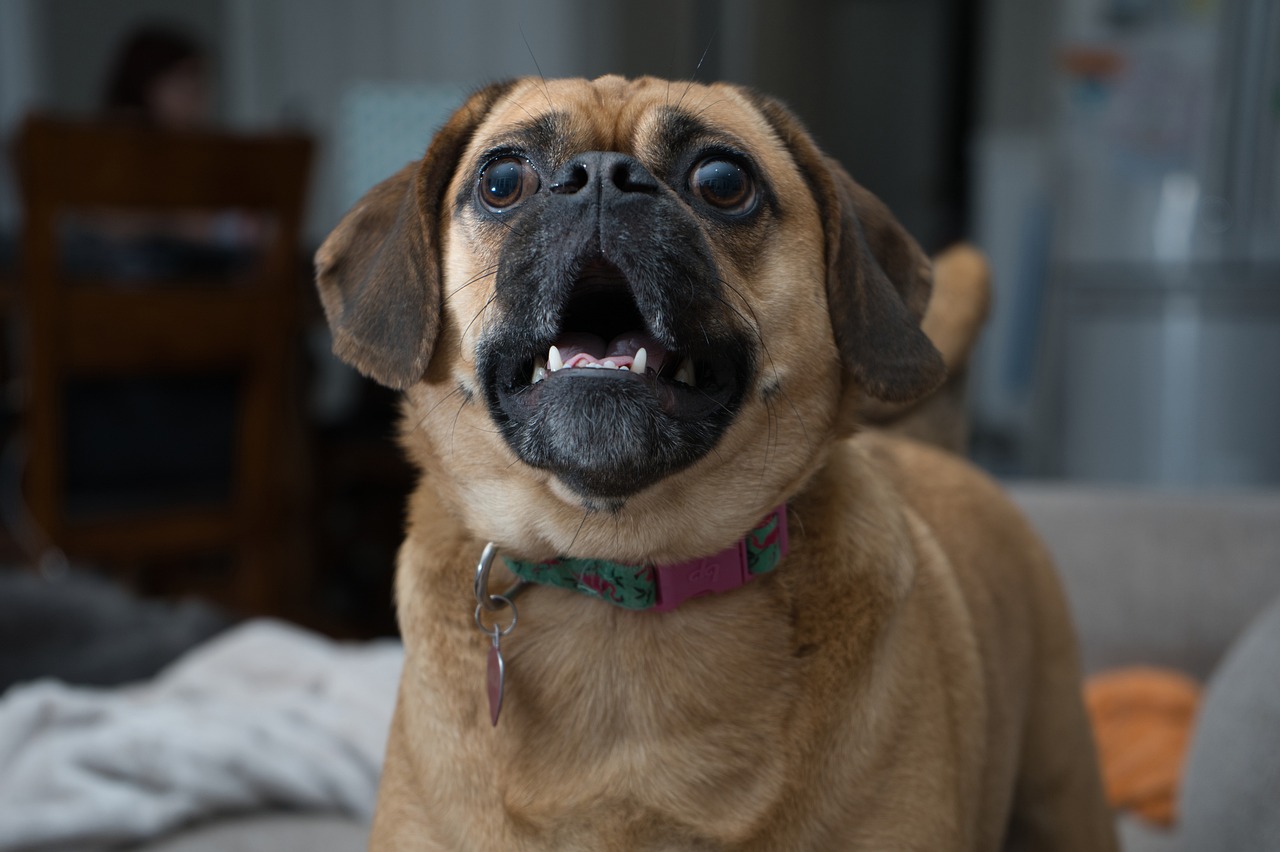
The Puggle emerged in the 1980s in the United States, quickly gaining popularity as a designer dog known for its reduced shedding and charismatic personality.
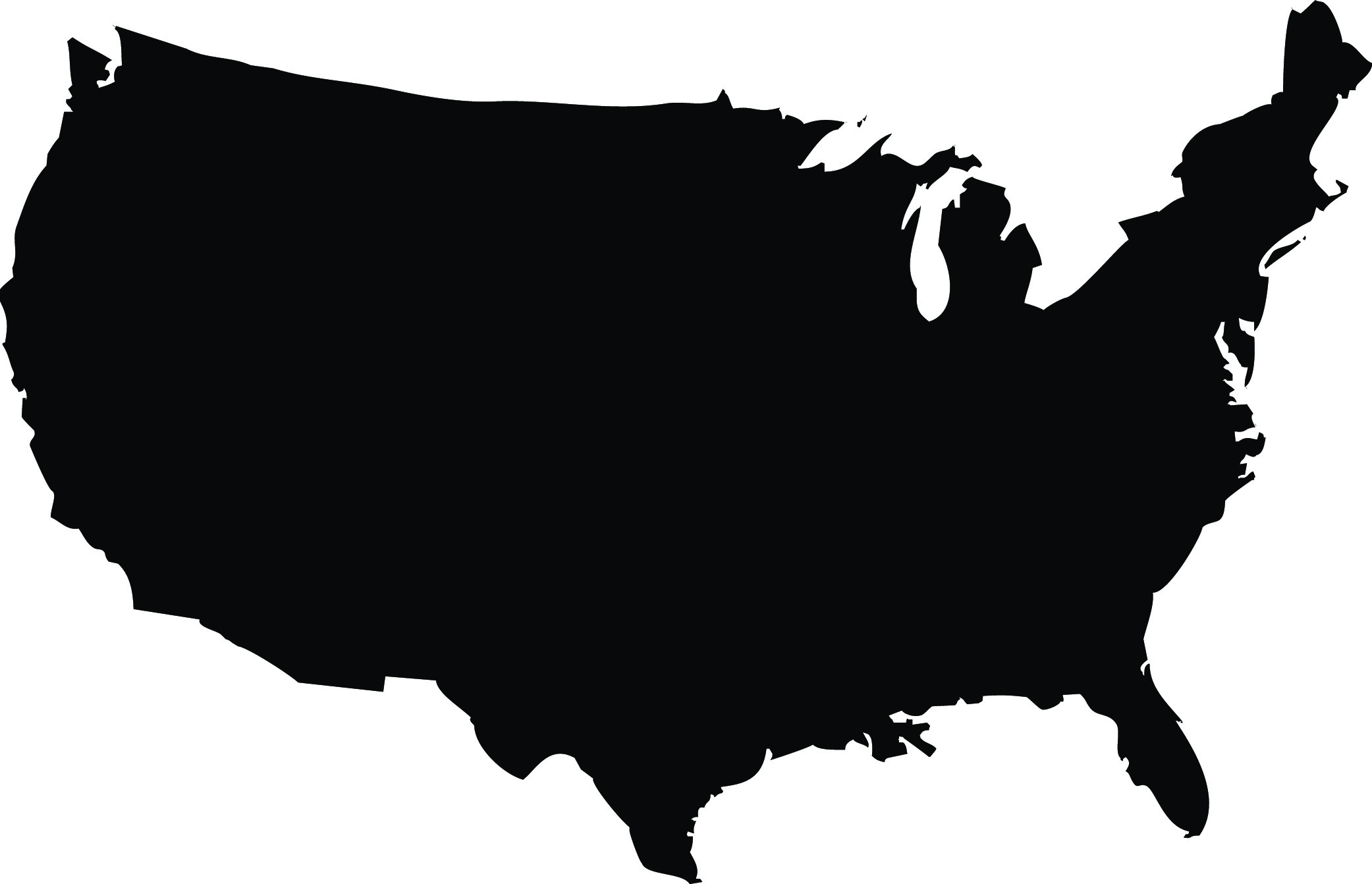
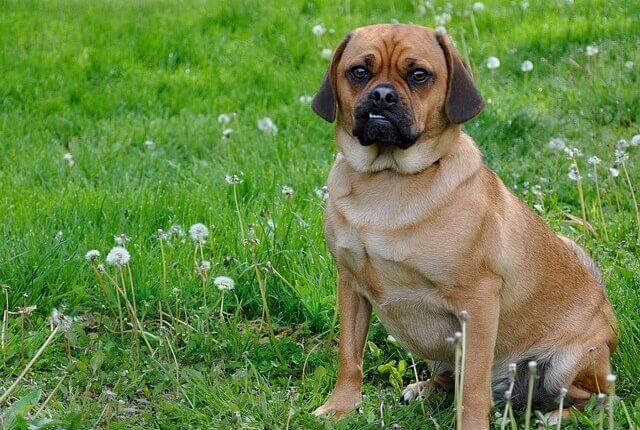
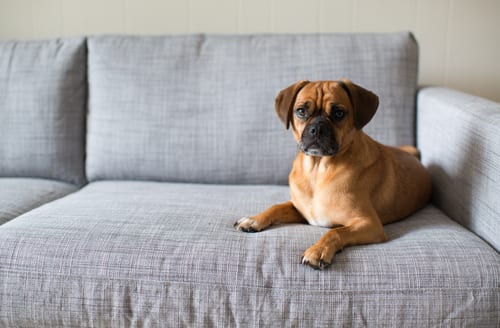
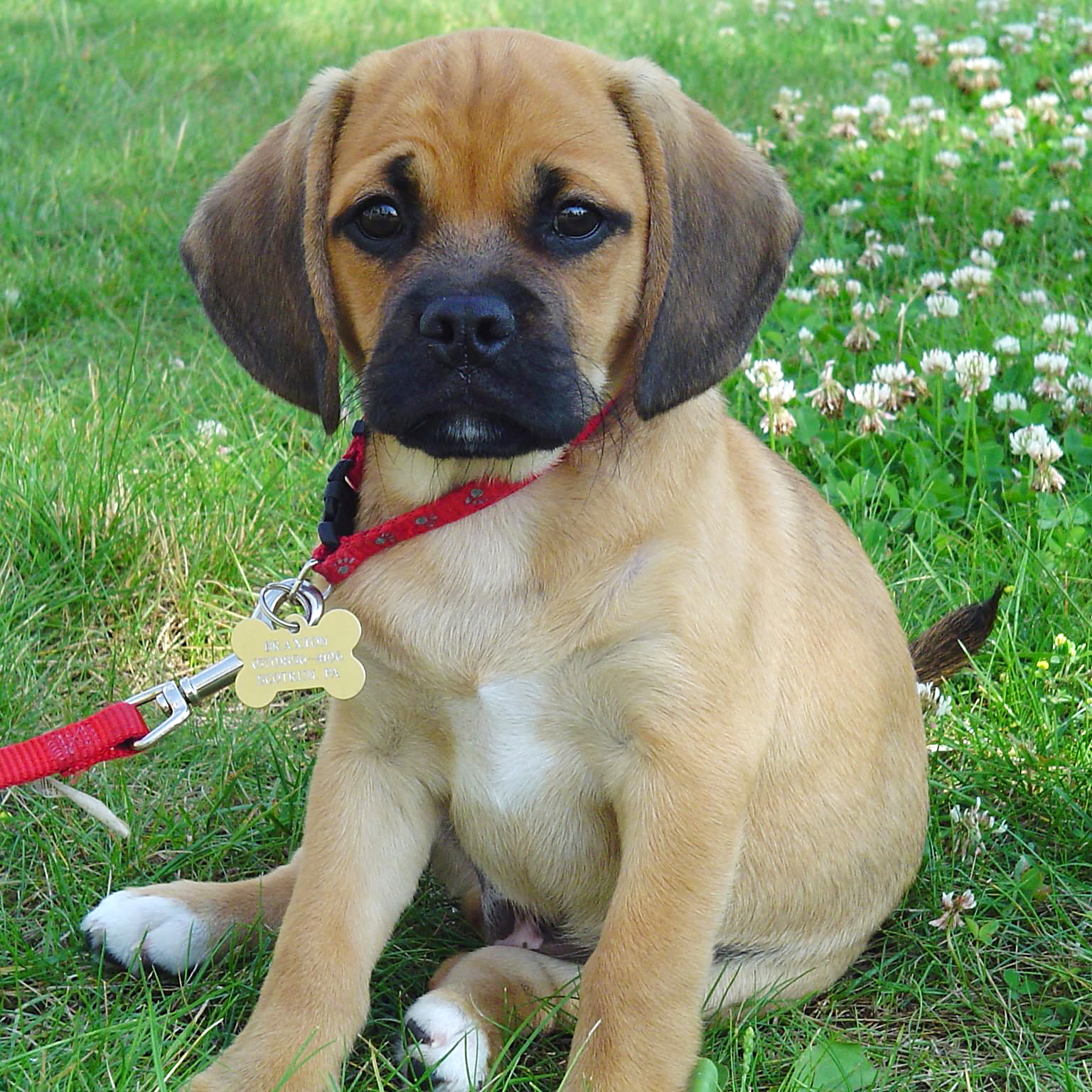
Puggles are generally healthy but can inherit issues from their parent breeds, such as hip dysplasia, epilepsy, and respiratory problems.
Their coat is relatively low-maintenance, requiring regular brushing to control shedding. Ear cleaning is essential due to their floppy ears, which can trap moisture.
They possess a moderate energy level, needing daily walks and play sessions to stay happy and healthy.
Training should be consistent and patient. Puggles can be easily distracted, so engaging training methods work best.
A balanced diet suitable for small to medium dog breeds is recommended, with consideration for any potential weight issues.
The Puggle combines the best of both worlds from the Pug and Beagle breeds, making for a lovable, playful, and loyal companion. Their adaptable nature suits various lifestyles, but they thrive on attention and affection. Proper care, including regular exercise, health check-ups, and a loving environment, will ensure your Puggle leads a happy, healthy life.
Puggles, being a mix of Pugs and Beagles, may inherit some health issues common to their parent breeds. Understanding these potential health concerns and the recommended tests can help ensure the well-being of a Puggle. Here's a summary:
While Puggles are generally healthy and have a lifespan of about 10 to 15 years, being proactive about their health and staying informed about potential issues can help your Puggle lead a longer, healthier life.
The iHeartDogs Free Rx Discount Card Program is a pet prescription discount card that can help you save money on your furry friend’s medications. The card is free to sign up for, and you can use it at participating pharmacies nationwide. To use the free program, simply show the card to your pharmacist when you pick up your pet’s prescription. The pharmacist will then scan the card, and you will receive a discount on the price of the medication.LEARN MORE
Caring for a Puggle involves several annual expenses that contribute to their overall well-being and happiness. The costs can vary depending on your location, the individual dog’s health and needs, and the level of care you choose to provide. Below is an overview of the typical annual expenses for owning a Puggle:
Total Estimated Annual Cost:
$1620 - $4699
It's important to note that these figures are estimates and can vary. Also, the first year of owning a dog can be more expensive due to one-time costs like spaying/neutering, initial vaccinations, and training. Regular budgeting for your dog's needs and an emergency fund for unforeseen costs are essential for responsible pet ownership.
We rely on ads to keep creating quality content for you to enjoy for free.
Please support our site by disabling your ad blocker.
Continue without supporting us
If the prompt is still appearing, please disable any tools or services you are using that block internet ads (e.g. DNS Servers).